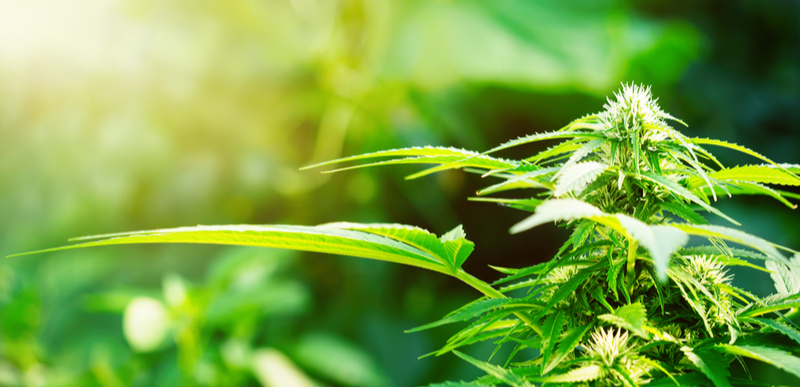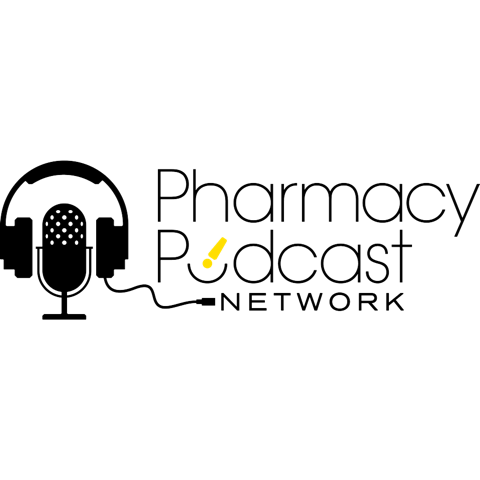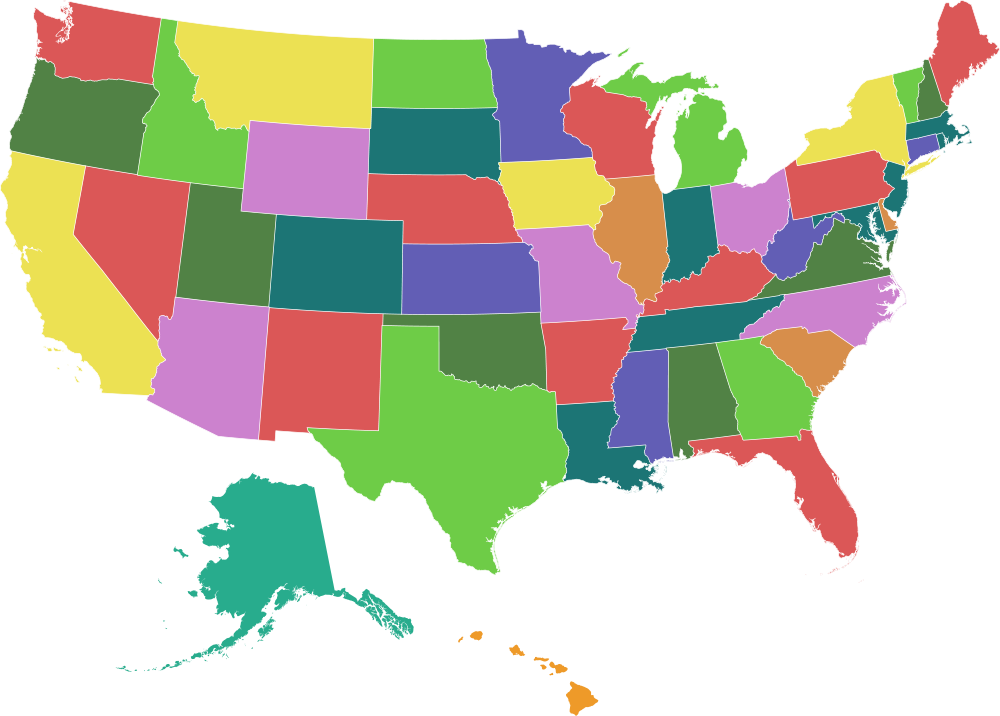
Your Dose of Cannabis Education
Your Dose of Cannabis Education
Only have a minute but want to Learn something every day™? Sign up to receive Your Dose of Cannabis Education, bringing featured content from our course library right to your inbox each day.
Your Dose of Cannabis Education is based on data from the studies and reviews published in the current peer-reviewed medical journals. Whether you are a healthcare provider, patient, caregiver, an individual working in the healthcare sector, or just a curious person, you can benefit from Your Dose of Cannabis Education.
Wake up every morning and get your dose of unbiased evidence-based cannabis education!

Bennabis Health
We’re making medical cannabis
more affordable and
understandable!
Use code BENNABISHEALTH to save 20% on any CME Course.
Visit the Bennabis Health website.
2026-02-20
Would the rescheduling of cannabis change workplace policies? 
 Depending on the policy, it may not. For example, rescheduling does NOT override employer, hospital, or federal workplace drug policies.
Depending on the policy, it may not. For example, rescheduling does NOT override employer, hospital, or federal workplace drug policies.Congressional Research Service. (n.d.). Cannabis and the Controlled Substances Act. https://crsreports.congress.gov
Controlled Substances Act, 21 U.S.C. §§ 801–971 (1970).
Drug Enforcement Administration. (n.d.). Schedules of controlled substances. U.S. Department of Justice. https://www.dea.gov/drug-information/drug-scheduling
U.S. Department of Health and Human Services. (2023). Basis for the recommendation to reschedule marijuana. https://aspe.hhs.gov/reports/marijuana-rescheduling-recommendation
U.S. Department of Justice, Drug Enforcement Administration. (2024). Schedules of controlled substances; rescheduling of marijuana (Proposed rule). Federal Register. https://www.federalregister.gov
2026-02-19
The initiation of a federal review to potentially reschedule cannabis under the Controlled Substances Act represents a pivotal regulatory step. What changes to cannabis policy would take place if cannabis were to be rescheduled?
 Rescheduling cannabis may reduce barriers to research, improve product standardization, clarify regulatory oversight, and reduce certain federal tax restrictions. In turn, these changes may positively affect clinician education, patient counseling, pharmacovigilance, and evidence-based decision-making. Importantly, rescheduling cannabis under the Controlled Substances Act would NOT legalize cannabis. Rescheduling only changes a substance’s placement within the federal scheduling framework. Cannabis would remain regulated and controlled, subject to federal oversight by the DEA, FDA, and other agencies.
Rescheduling cannabis may reduce barriers to research, improve product standardization, clarify regulatory oversight, and reduce certain federal tax restrictions. In turn, these changes may positively affect clinician education, patient counseling, pharmacovigilance, and evidence-based decision-making. Importantly, rescheduling cannabis under the Controlled Substances Act would NOT legalize cannabis. Rescheduling only changes a substance’s placement within the federal scheduling framework. Cannabis would remain regulated and controlled, subject to federal oversight by the DEA, FDA, and other agencies. Congressional Research Service. (n.d.). Cannabis and the Controlled Substances Act. https://crsreports.congress.gov
Controlled Substances Act, 21 U.S.C. §§ 801–971 (1970).
Drug Enforcement Administration. (n.d.). Schedules of controlled substances. U.S. Department of Justice. https://www.dea.gov/drug-information/drug-scheduling
U.S. Department of Health and Human Services. (2023). Basis for the recommendation to reschedule marijuana. https://aspe.hhs.gov/reports/marijuana-rescheduling-recommendation
U.S. Department of Justice, Drug Enforcement Administration. (2024). Schedules of controlled substances; rescheduling of marijuana (Proposed rule). Federal Register. https://www.federalregister.gov
U.S. Food and Drug Administration. (n.d.). FDA and cannabis: Research and drug approval process. https://www.fda.gov/news-events/public-health-focus/fda-and-cannabis-research-and-drug-approval-process
2026-02-18
Chronic pain is consistently the most common reason for consuming medical cannabis. What percentage of chronic pain patients in states with legal cannabis programs cite pain as the reason for cannabis use?
 About 30% of individuals suffering with chronic pain in states with a regulated cannabis program report using medicinal cannabis products.
About 30% of individuals suffering with chronic pain in states with a regulated cannabis program report using medicinal cannabis products.Cooper, Z. D. (2025). Defining the safety and efficacy of cannabis for chronic pain: Novel approaches and reframing objectives. Annals of Internal Medicine. Advance online publication. https://doi.org/10.7326/ANNALS-25-04734
2026-02-17
What does "scromiting" mean?
 The term scromiting is a portmanteau of “screaming” and “vomiting” and is used to convey the severity and intensity of hyperemesis. (It is not a distinct medical condition). Scromiting is most commonly reported in patients with cannabinoid hyperemesis syndrome (CHS).
The term scromiting is a portmanteau of “screaming” and “vomiting” and is used to convey the severity and intensity of hyperemesis. (It is not a distinct medical condition). Scromiting is most commonly reported in patients with cannabinoid hyperemesis syndrome (CHS). The Cleveland Clinic https://my.clevelandclinic.org/health/diseases/21665-cannabis-hyperemesis-syndrome?utm
2026-02-13
Cannabinoids can be administered transdermally. Compare CBD's skin permeability to that of THC's. 
 CBD’s skin permeability is ~ 10x greater than that of THC. Factors affecting transdermal absorption include local blood flow and skin permeability as well as other factors.
CBD’s skin permeability is ~ 10x greater than that of THC. Factors affecting transdermal absorption include local blood flow and skin permeability as well as other factors. Simei, J. L. Q., Souza, J. D. R., Pedrazzi, J. F., Guimarães, F. S., Campos, A. C., Zuardi, A., Hallak, J. E. C., & Crippa, J. A. S. (2024). Research and Clinical Practice Involving the Use of Cannabis Products, with Emphasis on Cannabidiol: A Narrative Review. Pharmaceuticals, 17(12), 1644. https://doi.org/10.3390/ph17121644
New to TheAnswerPage? There’s lots we’d like to share with you and we don’t want you to miss a thing! Be sure to register today for “Your Dose of Cannabis Education” emails where you’ll gain valuable insights in small doses that fit your schedule and also be provided direct access to the archived daily content.



 Depending on the policy, it may not. For example, rescheduling does NOT override employer, hospital, or federal workplace drug policies.
Depending on the policy, it may not. For example, rescheduling does NOT override employer, hospital, or federal workplace drug policies.
 Rescheduling cannabis may reduce barriers to research, improve product standardization, clarify regulatory oversight, and reduce certain federal tax restrictions. In turn, these changes may positively affect clinician education, patient counseling, pharmacovigilance, and evidence-based decision-making. Importantly, rescheduling cannabis under the Controlled Substances Act would NOT legalize cannabis. Rescheduling only changes a substance’s placement within the federal scheduling framework. Cannabis would remain regulated and controlled, subject to federal oversight by the DEA, FDA, and other agencies.
Rescheduling cannabis may reduce barriers to research, improve product standardization, clarify regulatory oversight, and reduce certain federal tax restrictions. In turn, these changes may positively affect clinician education, patient counseling, pharmacovigilance, and evidence-based decision-making. Importantly, rescheduling cannabis under the Controlled Substances Act would NOT legalize cannabis. Rescheduling only changes a substance’s placement within the federal scheduling framework. Cannabis would remain regulated and controlled, subject to federal oversight by the DEA, FDA, and other agencies. 
 About 30% of individuals suffering with chronic pain in states with a regulated cannabis program report using medicinal cannabis products.
About 30% of individuals suffering with chronic pain in states with a regulated cannabis program report using medicinal cannabis products.
 The term scromiting is a portmanteau of “screaming” and “vomiting” and is used to convey the severity and intensity of hyperemesis. (It is not a distinct medical condition). Scromiting is most commonly reported in patients with cannabinoid hyperemesis syndrome (CHS).
The term scromiting is a portmanteau of “screaming” and “vomiting” and is used to convey the severity and intensity of hyperemesis. (It is not a distinct medical condition). Scromiting is most commonly reported in patients with cannabinoid hyperemesis syndrome (CHS). 
 CBD’s skin permeability is ~ 10x greater than that of THC. Factors affecting transdermal absorption include local blood flow and skin permeability as well as other factors.
CBD’s skin permeability is ~ 10x greater than that of THC. Factors affecting transdermal absorption include local blood flow and skin permeability as well as other factors. 
 feed…
feed…



